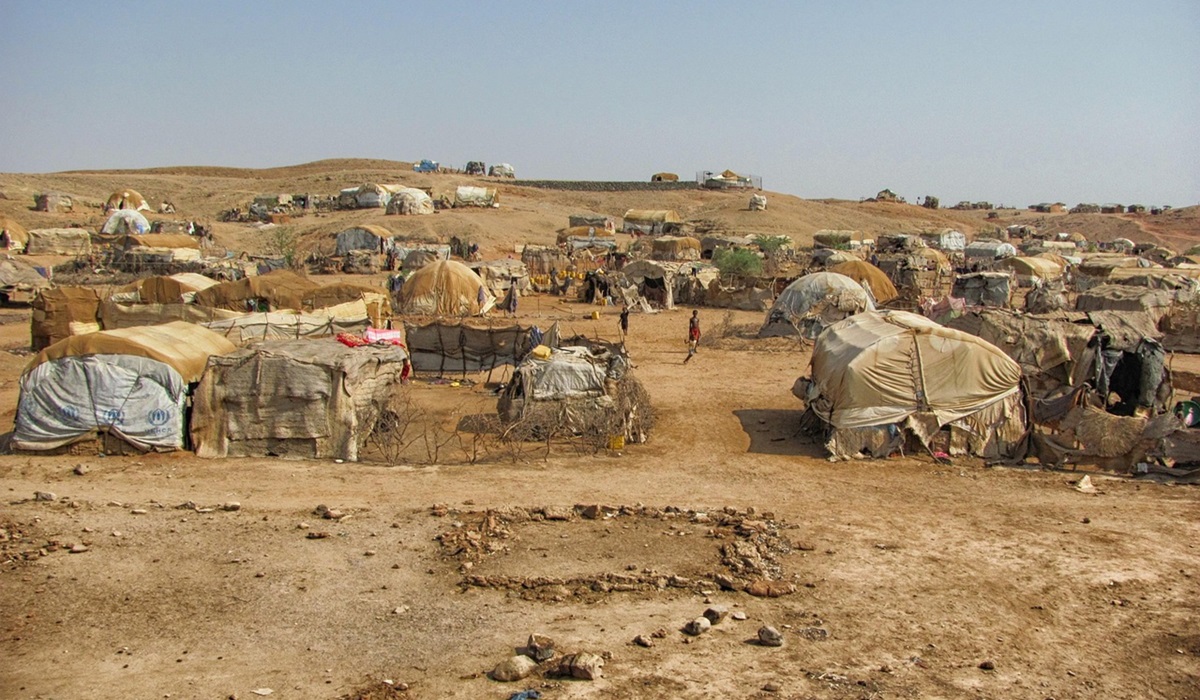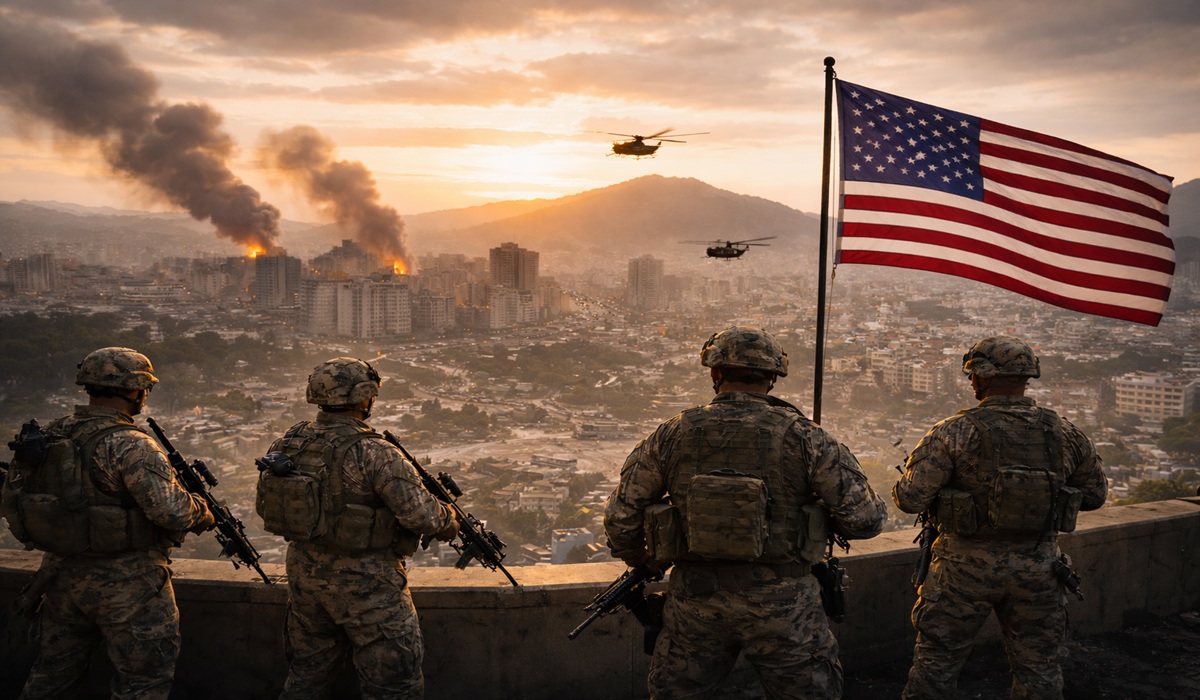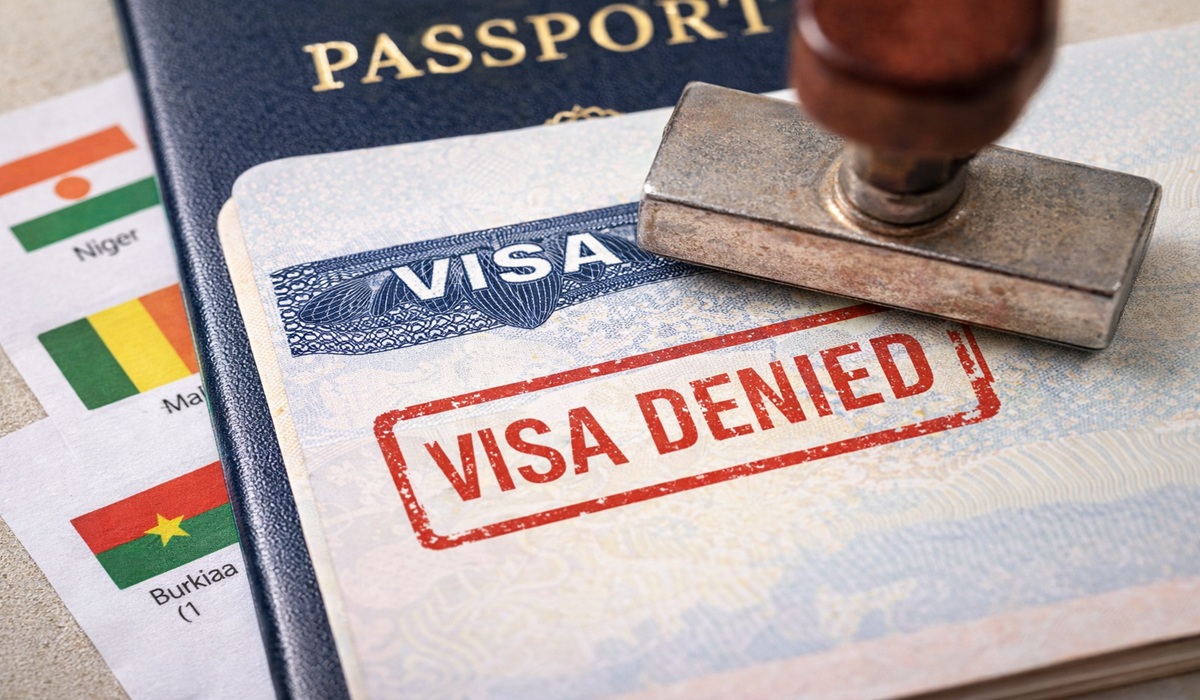Humanity in Retreat: Record Displacement Numbers Reveal Global Failure to Protect Civilians
- Ingrid Jones
- Africa
- Breaking News
- June 12, 2025

At the end of 2024, the world crossed a grim threshold: more than 123 million people are now forcibly displaced from their homes. This staggering figure—documented by the UN Refugee Agency (UNHCR)—is not merely a statistic. It is a global indictment, a damning verdict on our collective failure to shield innocent people from the blunt force of war, persecution, and political decay.
Jan Egeland, Secretary General of the Norwegian Refugee Council (NRC), delivered a blunt truth in response to the new figures: “The world is falling apart.” And he’s right. The numbers don’t lie. In 2011, the total number of displaced people globally stood at around 38.5 million. That figure has tripled in just over a decade. The humanitarian system, built to uphold the dignity and survival of those fleeing violence, is buckling under the weight of growing needs and shrinking support.
Behind the shocking data is a deeper rot—a collapse in global diplomacy and a rising tolerance for civilian suffering. This isn’t just about conflicts breaking out. It’s about the failure of political leaders to end them, the failure of military coalitions to protect civilians, and the failure of the international community to prioritize peace over power.
If you’re wondering how 123 million people end up displaced in the 21st century, the answer is as simple as it is shameful: we let it happen. From Gaza to Sudan, Myanmar to Ukraine, the cycle is clear—bombs fall, families flee, borders close, funding dries up. And while the number of crises rises, the world’s appetite for compassion is in free fall.
What makes this crisis all the more tragic is that the wealth exists to solve it. In 2024, humanitarian agencies required $49.4 billion USD to meet basic needs across the globe. They received barely half of that—just 50.4%. Compare that to 2011, when a significantly smaller $8.92 billion was requested, and nearly two-thirds of the appeal was funded.
Instead of responding to growing need with greater solidarity, many donor nations have chosen to retreat inward. Nationalism and xenophobia are surging, driving public discourse and influencing government policy. Former champions of humanitarian values are slashing aid budgets while increasing military spending. These are the same governments whose foreign policy decisions often contribute to instability in the first place.
It’s a perverse reversal of priorities: nations invest billions in arms and surveillance to keep refugees out, while cutting the aid that could prevent people from becoming refugees to begin with.
Displacement is not just a byproduct of war—it is also a signal of broken governance. The record numbers we’re seeing today speak to a world where state collapse, authoritarian rule, environmental degradation, and deepening inequality are converging into a perfect storm. When states fail to protect their citizens—or become the very actors displacing them—international law and diplomacy must fill the gap. Instead, those structures are rusting, unresponsive, or selectively enforced.
What we’re witnessing is not a failure of capacity but a failure of political will. The international system knows how to prevent and respond to displacement. We’ve done it before. What’s missing now is the courage to act against aggressors, to hold abusers accountable, and to fund the infrastructure that keeps people alive and dignified when they lose everything.
Aid organizations are already stretching every dollar. Humanitarian workers in the world’s most dangerous hotspots are performing miracles under impossible conditions. But as Egeland bluntly warns, “We are already doing more with less – but we cannot do this indefinitely.”
There is a breaking point. If this trajectory continues unchecked, even the most resilient and experienced aid systems will begin to crumble. We will see a rise in preventable deaths, famine-like conditions, and irreversible damage to generations of children born in exile. When you cut food aid, sanitation, medical support, and protection services for millions, the result is not just suffering—it’s destabilization that spills across borders and generations.
These numbers—123 million displaced—should be a piercing alarm bell. They should jolt world leaders into action, into diplomacy, into decisive peacebuilding. But will they?
So far, the pattern is disheartening. Each year brings a new “record high” in displacement. Each year sees more governments slashing refugee quotas, closing asylum pathways, and criminalizing migration. Each year the funding gap widens, and the promises made at international summits fade into inaction.
How many more millions must be displaced before something changes? How many families must sleep in bombed-out schools or makeshift camps before the world rediscovers its moral compass?
We are no longer facing a humanitarian emergency—we are witnessing the normalization of displacement. That’s the most chilling part. When a crisis becomes ordinary, it loses urgency. And when the displaced are invisible to those in power, their needs are the first to be abandoned.
Here’s the hard truth: this catastrophe is not inevitable. It’s manufactured by human decisions, and it can be reversed by them too.
World leaders must be held accountable—not just for the wars they wage or ignore, but for the lives they fail to protect. The international community must reassert its commitment to protecting civilians, resolving conflicts, and funding aid that actually reaches people. Donor governments must reject the toxic politics of fear and remember that helping displaced people is not charity—it is a moral and legal obligation.
We are standing at a dangerous crossroads. Either the world accepts mass displacement as the new normal, or we confront it head-on—with funding, diplomacy, and political resolve. If we don’t, the next UNHCR report won’t just show higher numbers—it will reveal that our humanity, too, has been displaced.








